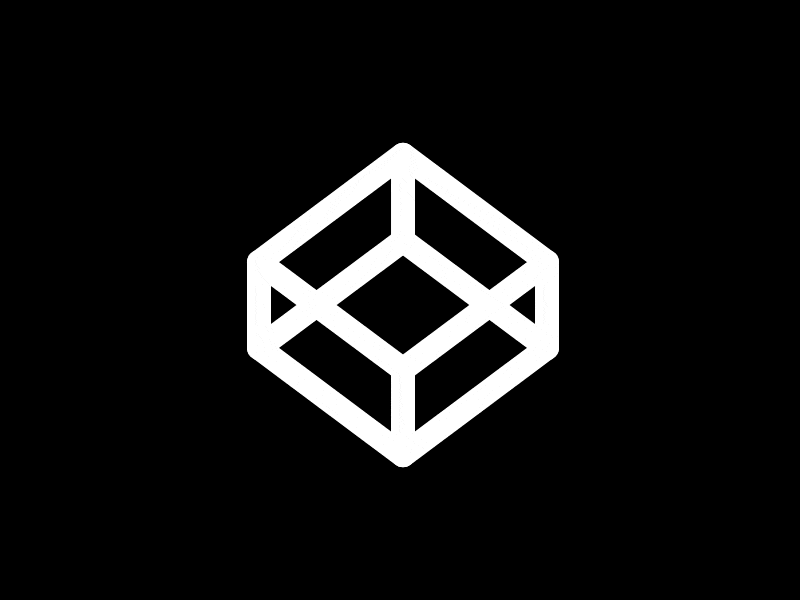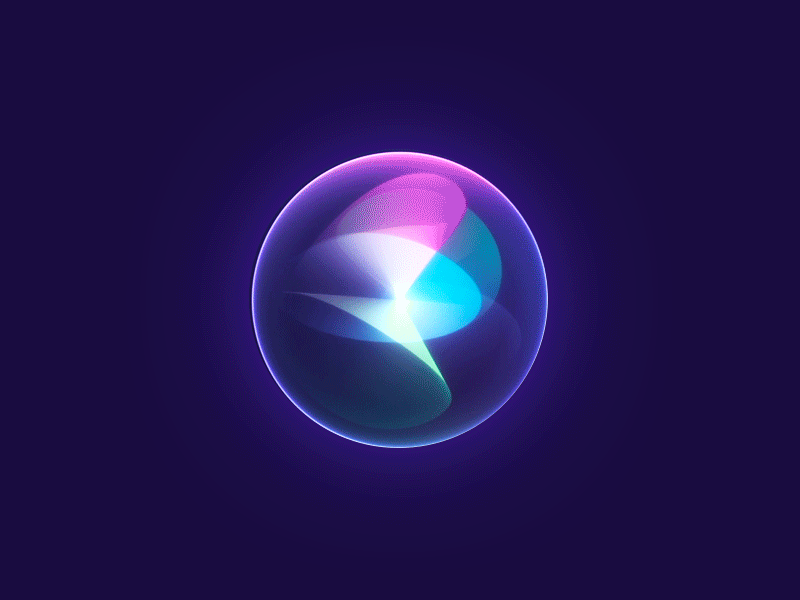AR Recognition

- Recognize if and where an item illustation is in our image
import java.util.ArrayList;
import java.util.List;
import org.opencv.core.Mat;
import org.opencv.aruco.Dictionary;
// Detect AR
Dictionary dictionary = Aruco.getPredefinedDictionary(Aruco.DICT_5X5_250); // Load predefined ArUco dict of 250 unique 5x5 markers
List<Mat> corners = new ArrayList<>();
Mat markerIds = new Mat();
Aruco.detectMarkers(image, dictionary, corners, markerIds); // Detect markers and store the corners and IDs
// Convert image to RGB color space
Imgproc.cvtColor(image, image, Imgproc.COLOR_GRAY2RGB);
// Draw detected markers on image
if (!markerIds.empty()) {
Scalar green = new Scalar(0, 255, 0);
Scalar red = new Scalar(255, 0, 0);
Aruco.drawDetectedMarkers(image, corners); //, markerIds, green);
// Draw marker ID label
if (corners.size() > 0) {
Mat firstCorner = corners.get(0);
double x = firstCorner.get(0, 0)[0];
double y = firstCorner.get(0, 0)[1];
org.opencv.core.Point labelPos = new org.opencv.core.Point(x, y - 30); // Adjust the offset as needed
int markerId = (int) markerIds.get(0, 0)[0];
Imgproc.putText(image, "id = " + markerId, labelPos, Imgproc.FONT_HERSHEY_SIMPLEX, 0.5, red, 2);
}
Log.i(TAG, "Markers detected: " + markerIds.dump());
} else {
Log.i(TAG, "No markers detected.");
}
Correcting Image Distortion
 Use information on the camera matrix and lens distortion parameters to straighten the captured image.
Use information on the camera matrix and lens distortion parameters to straighten the captured image.
-
Obtain camera intrinsics and distortion coefficients from the API
- api.getNavCamIntrinsics()
- api.getDockCamIntrinsics();
-
Populate the
cameraMatrixusing the intrinsics retrieved.- Typically,
intrinsics[0]andintrinsics[1]are focal lengths (fxandfy),intrinsics[2]andintrinsics[3]are principal points (cxandcy), and1is the unit value.
- Typically,
import org.opencv.calib3d.Calib3d;
// Correct image distortion
// Get camera matrix and populate with camera intrinsics
Mat cameraMatrix = new Mat(3, 3, CvType.CV_64F);
cameraMatrix.put(0, 0, api.getNavCamIntrinsics()[0]);
// Get lens distortion parameters
Mat cameraCoefficients = new Mat(1, 5, CvType.CV_64F);
cameraCoefficients.put(0, 0, api.getNavCamIntrinsics()[1]);
cameraCoefficients.convertTo(cameraCoefficients, CvType.CV_64F);
// Undistort image
Mat undistortImg = new Mat();
Calib3d.undistort(image, undistortImg, cameraMatrix, cameraCoefficients);
api.saveMatImage(undistortImg, "image_with_markers.png");Pattern matching
-
Under src/main, add a new folder (assets)
- Drag pictures from lost_item_images folder to assets

- Drag pictures from lost_item_images folder to assets
-
Import the template image as a grayscale (black and white) image in Mat format
import java.io.IOException;
import java.io.InputStream;
import android.graphics.Bitmap;
import android.graphics.BitmapFactory;
import org.opencv.imgproc.Imgproc;
- Asset manager
import android.content.res.AssetManager;
- perform pattern matching while changing the size and angle of template
import org.opencv.core.Size;
import org.opencv.core.Core;
// Resize image
private Mat resizeImg(Mat img, int width){
int height = (int) (img.rows() * ((double) width / img.cols()));
Mat resizedImg = new Mat();
Imgproc.resize(img, resizedImg, new Size(width, height));
return resizedImg;
}
// Rotate image
private Mat rotImage(Mat img, int angle) {
org.opencv.core.Point center = new org.opencv.core.Point(img.cols() / 2.0, img.rows() / 2.0);
Mat rotatedMat = Imgproc.getRotationMatrix2D(center, angle, 1.0);
Mat rotatedImg = new Mat();
Imgproc.warpAffine(img, rotatedImg, rotatedMat, img.size());
return rotatedImg;
} // Pattern matching
Mat[] templates = loadTemplateImages(imageFileNames);
// Load template images
private Mat[] loadTemplateImages(String[] imageFileNames){
Mat[] templates = new Mat[imageFileNames.length];
for (int i = 0; i < imageFileNames.length; i++) {
try {
// Open template image file in Bitmap from the filename and convert to Mat
InputStream inputStream = assetManager.open(imageFileNames[i]);
Bitmap bitmap = BitmapFactory.decodeStream(inputStream);
Mat mat = new Mat();
Utils.bitmapToMat(bitmap, mat);
// Convert to grayscale
Imgproc.cvtColor(mat, mat, Imgproc.COLOR_BayerBG2GRAY);
templates[i] = mat; // Assign to array of templates
inputStream.close();
} catch (IOException e) {
e.printStackTrace();;
}
}


